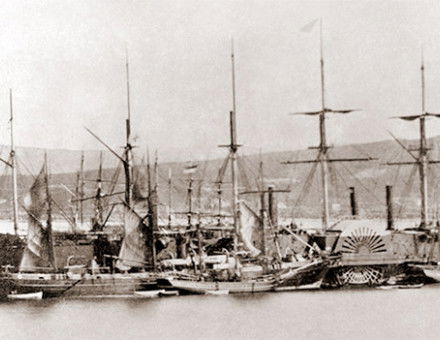Philip Guedalla Defends the Duke
Philip Guedalla became the Duke of Windsor’s most trusted supporter in England. Michael Bloch describes how this historian, wit and failed Liberal politician conceived a brilliant public defence of Edward, which ultimately came too late...




